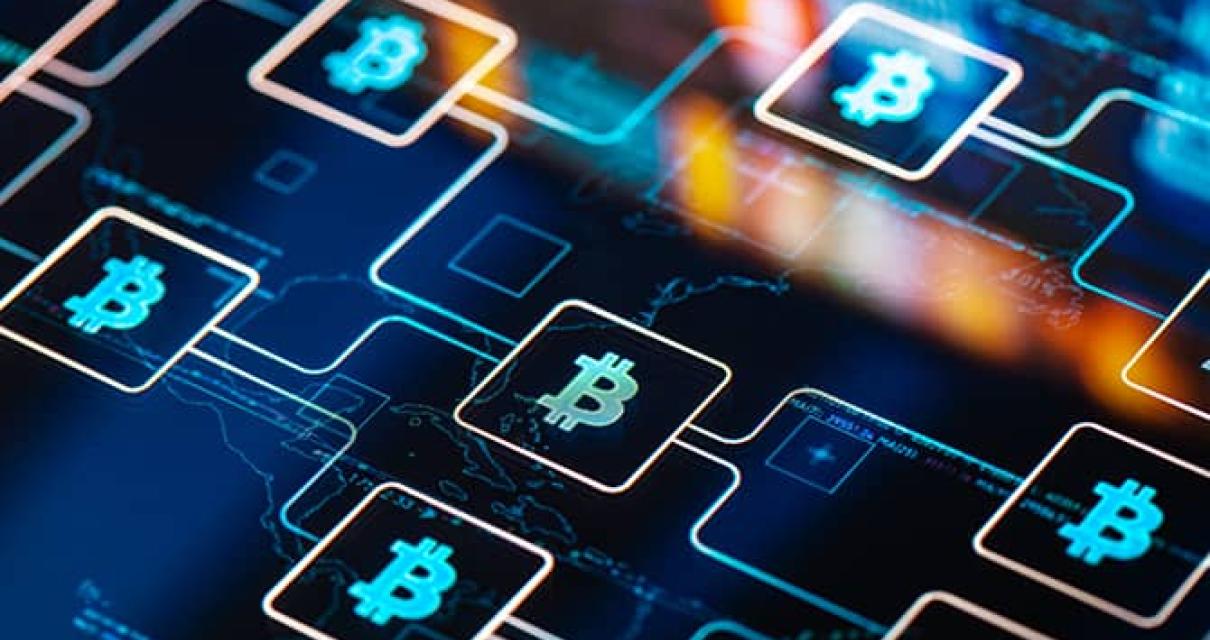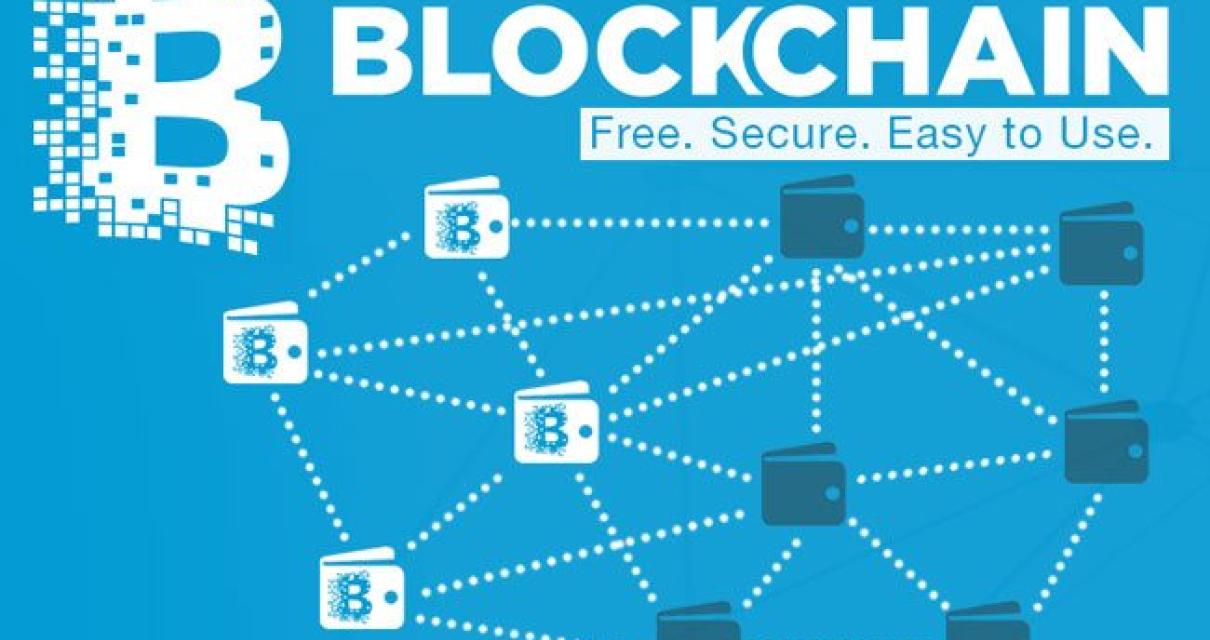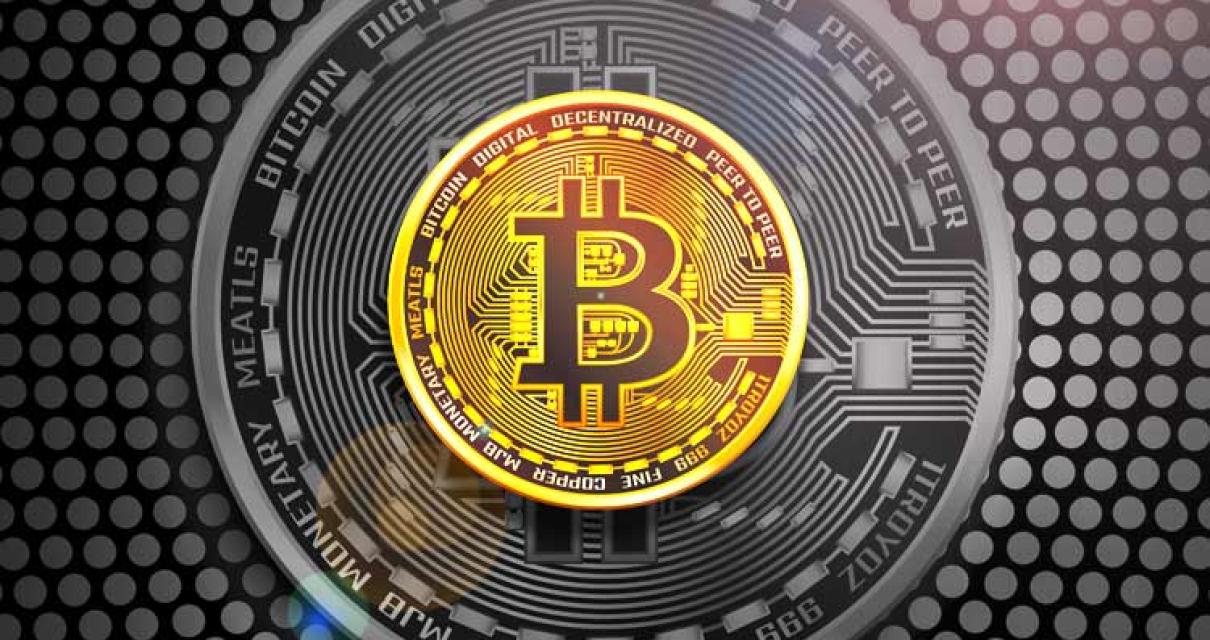What is a blockchain in bitcoin?
A blockchain is a public ledger of all Bitcoin transactions. It is constantly growing as "completed" blocks are added to it with a new set of recordings. Each block contains a cryptographic hash of the previous block, a timestamp, and transaction data. Bitcoin nodes use the blockchain to distinguish legitimate Bitcoin transactions from attempts to re-spend coins that have already been spent elsewhere.
The basics of blockchain technology
A blockchain is a distributed database that allows for secure, tamper-proof transactions. A blockchain is essentially a digital ledger of all cryptocurrency transactions. Each block contains a timestamp and a link to the previous block, creating a chain of blocks. Transactions are verified by network nodes through cryptography and recorded in a public distributed ledger.
The benefits of blockchain technology include:
-Security: A blockchain is virtually immune to fraud, since each transaction is verified by network nodes.
-Speed: Transactions on a blockchain are processed almost instantly, as there is no need to wait for a third party to process the transaction.
-Transparency: All transactions on a blockchain are public, so everyone can see how money is being spent.
-Immutability: Once a block has been added to the blockchain, it cannot be changed or deleted.
How does a blockchain work?
A blockchain is a public ledger of all bitcoin transactions. It is constantly growing as "completed" blocks are added to it with a new set of recordings. Each block contains a cryptographic hash of the previous block, a timestamp, and transaction data. Bitcoin nodes use the block chain to differentiate legitimate Bitcoin transactions from attempts to re-spend coins that have already been spent elsewhere.
The potential of blockchain technology
There are a number of potential uses for blockchain technology, including:
-Recordkeeping: Blockchain can be used to keep track of transactions and to confirm the legitimacy of documents.
-Security: Blockchain can be used to secure transactions and to ensure the anonymity of participants.
-Decentralization: Blockchain can be used to decentralize authority and to create a tamper-proof record of transactions.

What are the benefits of blockchain technology?
When used in conjunction with smart contracts, blockchain technology offers a number of benefits. These include:
1. Transparency: Every transaction on a blockchain is publically visible, making it difficult for anyone to tamper with the information.
2. Security: Because blockchain is a distributed ledger, it is incredibly secure. In addition, smart contracts ensure that all transactions are automatically executed as agreed upon.
3. Immutability: Once a block has been added to the blockchain, it cannot be altered or deleted. This ensures that information is always accurate and reliable.
4. Decentralization: Blockchain is decentralized, meaning that there is no central authority responsible for maintaining the ledger. This makes it immune to the kinds of attacks that can occur on centralized systems.
5. Trustless: Because blockchain is based on trustless systems, there is no need for third-party verification or confirmation of transactions. This makes it an ideal platform for transactions that require high levels of security and trust.

What are the challenges of blockchain technology?
The main challenge with blockchain technology is its scalability. At present, it can only handle a limited number of transactions per second. This could become an issue if the technology is used to process large amounts of financial transactions. Another challenge with blockchain is that it is a decentralized system, meaning that there is no central authority that can manage or control it. This could lead to security issues if the system is used for transactions that involve significant amounts of money.
The future of blockchain technology
There is no doubt that blockchain technology has the potential to revolutionize many industries. In the past few years, it has been used to create applications such as Bitcoin, Ethereum, and Litecoin.
As the technology becomes more mainstream, it is likely that other industries will adopt it. For example, healthcare could use blockchain technology to improve patient care. Similarly, the banking sector could use blockchain technology to reduce the costs of transactions.
Overall, there is no doubt that blockchain technology has the potential to revolutionize many industries. However, it will likely take some time before it is fully adopted.
How can blockchain be used to improve business?
Blockchain can be used to improve business in a few ways. First, it can be used to create a tamper-proof record of transactions. This can help prevent fraud and protect businesses from theft. Additionally, blockchain can be used to create a more efficient system for processing transactions. This can help businesses save money on fees and improve the speed of their transactions. Finally, blockchain can be used to create a more secure system for trading assets. This can help protect businesses from theft and ensure that their assets are safe.

Can blockchain be used to create new businesses?
Yes, blockchain can be used to create new businesses. For example, a company could create a new kind of food delivery service using blockchain technology.
How will blockchain impact the future of the internet?
It is hard to predict how blockchain will impact the future of the internet. Some people think that it will make the internet more secure and efficient, while others think that it will make the internet more decentralized.
What is the role of blockchain in the digital economy?
Blockchain is a digital ledger of all cryptocurrency transactions. It is used to create an immutable record of all cryptocurrency transactions and to prevent counterfeiting.
What is the future of blockchain technology?
The future of blockchain technology is very bright. It has the potential to revolutionize many industries, including finance, health care, and supply chain management.